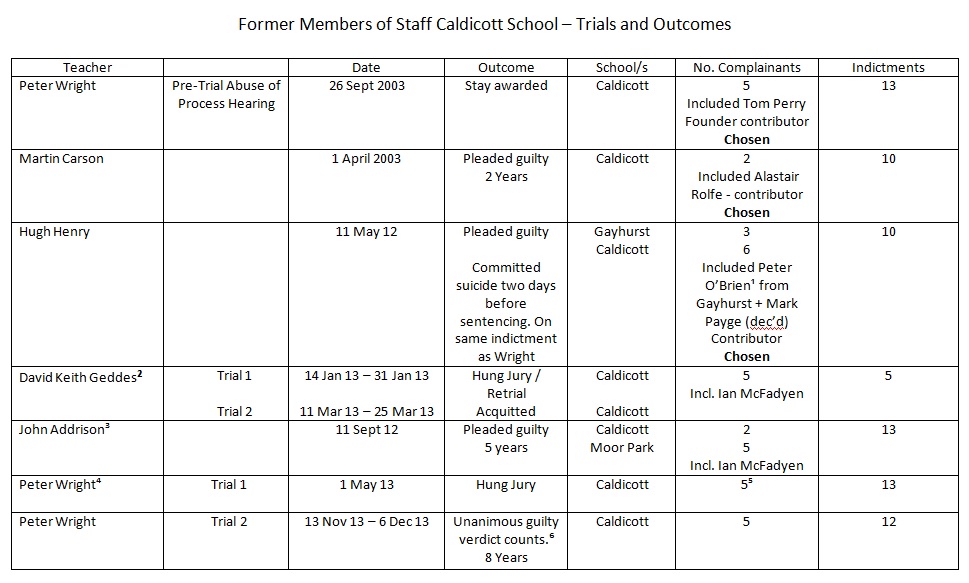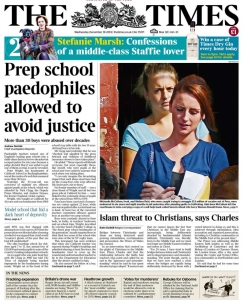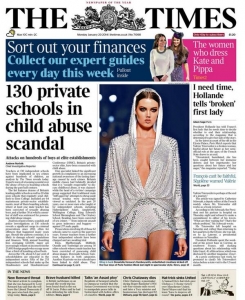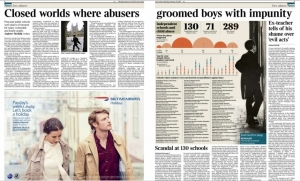Cheryl Gillan MP secures a meeting for Mandate Now with Michael Gove
Cheryl Gillan MP Chesham + Amersham and a signatory to our petition asked Mr Gove the following question:
‘The Secretary of State will be aware of the sentence handed out in Amersham Crown court last week to the former head teacher of the Caldicott preparatory school after years of abuse of children in his care. Will the Secretary of State join me in paying tribute to my constituent Mr Tom Perry, who was brave enough to speak out about his own abuse? Will he agree to meet Mr Perry and me to discuss the possibility of mandatory reporting, as Mr Perry believes it would better protect our children in the future?’ Mr Gove’s reply is in the link: http://www.theyworkforyou.com/debates/?id=2014-02-10b.555.5#g560.6
The meeting with the Secretary of State occurred just 17 days later at the Department of Education.



